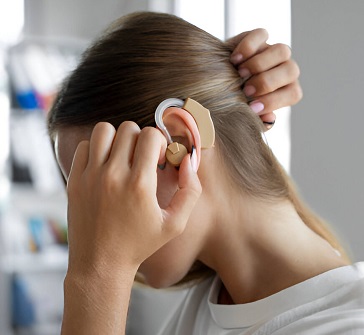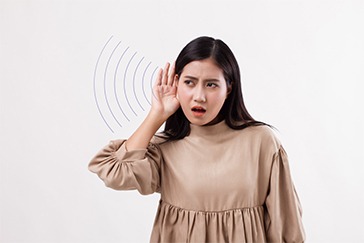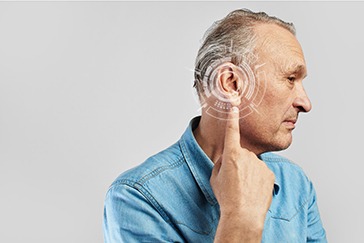 Book Appt.
Book Appt.
 Call Now
Call Now


The cochlea and the acoustic nerve play vital roles in the complex process of hearing. Disorders affecting these components can lead to a range of hearing impairments, from mild to profound. Understanding the intricacies of these disorders is essential for healthcare providers and individuals seeking to manage and treat hearing issues.
The Cochlea: A Masterpiece of Hearing
The cochlea is a spiral-shaped, fluid-filled structure in the inner ear responsible for translating sound vibrations into electrical signals that the brain can interpret as sound. This intricate organ contains thousands of hair cells, which are essential for hearing.
Cochlear Disorders
Acoustic Nerve Disorders
The acoustic nerve, also known as the vestibulocochlear nerve, is responsible for transmitting auditory information from the cochlea to the brain. Disorders affecting this nerve can disrupt this crucial communication.
Diagnosis and Management
Diagnosing cochlear and acoustic nerve disorders typically involves a comprehensive audiological assessment, which may include hearing tests, imaging studies (such as MRI), and evaluation of medical history and symptoms.
Treatment and management options depend on the specific disorder:
Prevention and Awareness
Preventing cochlear and acoustic nerve disorders often involves protecting your hearing by minimizing exposure to loud noises and using hearing protection when necessary. Regular hearing check-ups are essential for early detection and intervention.
Raising awareness about these disorders is crucial, as they can significantly impact an individual's quality of life. Understanding the available treatments and support services can empower individuals and their families to better navigate the challenges of hearing loss and related conditions.
Outlook
Cochlear and acoustic nerve disorders encompass a wide spectrum of hearing impairments, from age-related hearing loss to more complex conditions like acoustic neuromas and ANSD. Early diagnosis and appropriate management can make a significant difference in the lives of individuals affected by these disorders, enabling them to lead fulfilling lives and maintain active participation in their communities.
SHALBY Sanar International Hospitals provides extensive medical procedures backed up with our state-of-the-art technology and a team of highly qualified & experienced clinical experts.

Patient from Zimbabwe Treated by Dr. (Prof) Amit Kumar Sharma | SHALBY Sanar International Hospitals

Sudan’s Yiel Hoal Wei Regains Hearing with BAHA Surgery | Dr. Amit Kumar Sharma
Our doctors pen down their research findings and experiences from time to time. Their words provide deep insight into the latest techniques, technologies and other advancements in healthcare. It provides expert answers to all kinds of health questions for real-life issues.
VIEW ALL




Since the day of its foundation, SHALBY Sanar International Hospitals is committed to provide comprehensive healthcare services. It regularly organizes awareness programs in its premises and encourages outdoor healthcare activities and camps with an intent to put focus on preventive healthcare.
VIEW ALL